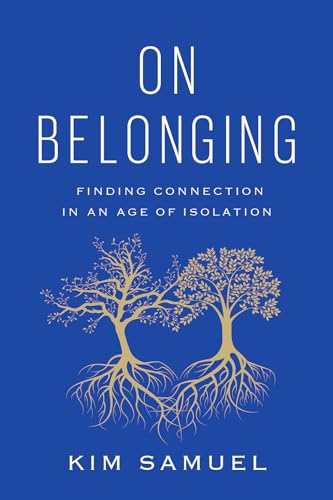Some books are best discovered by accident at this one was no exception. An unexpected visit to drop some stuff to my local charity shop took me past their second hand bookshelves. My eyes fell on this one because I assumed that the title on the spine indicated that it was a theological book! In religious circles a great deal is made of belonging alongside believing. The two don’t always go together!
The combination of a very reasonable price and alluring subtitle compelled me to purchase it and thereby make an additional contribution to the work of this particular charity.
I have no idea beyond the broadest of bits of data that WordPress send me about access to my website what kind of people open the link and what they might be looking for. It is difficult to know who one is writing for but it is always useful in the process of harvesting thoughts and making connections to let some questions and reflections land. A kind of virtual diary, I suppose – except I feel a certain amount of constraint on this platform than I do as I scribble away in my notebook about the shape of the days.
Part of the gift of this text, taking shape as it does in eleven chapters, is the way in which the author has connected with so many different people and groups. Samuel manages to weave together a rich tapestry of experiences and voices that give shape to an analysis of being human. This is shaped by where we experience pain and disconnection and how this might shape our sense of well-being.
We are part of one another is one of the aspects of life that Saint Paul writes so persuasively about. Believing is about belonging and having a sense of responsibility for one another. This core element of our spiritual lives seems ever more compromised by both the way we work and the way we live. We are busier, more distracted, more trapped in functionalism and less appreciated shows Samuel in her work. We seem either unwilling or incapable of considering what it might mean to define and nurture healthy organisations.
While we demonstrated the most extraordinary resilience during the pandemic and beyond there are many who now prefer the flexibility of working from home. This may be to do with both convenience or personality but sometimes it is not easy to have the kind of conversations which nurture a deeper connection via our many online platforms. There is something missing particularly when we need to go deeper as differences and connections are nurtured. We so easily overlook how belonging is nurtured in the everyday processes of our workplaces and work patterns.
Samuel reminds us that we are social beings and belonging comes with a sense of shared purpose. In this shared purpose we are able to create meaning in our lives and through this share our gifts with the world within and around us. This offers the fundamental and vital sense of why and has an inevitable moral dimension of helping us to make decisions about what is right and good. Place, power, people and purpose are key themes that are explored throughout these pages. Samuel argues that a complete sense of belonging includes all of these dimensions.
I challenge any reader not to come away from this book unchanged. It has certainly had an effect on the way in which I see the culture of some of the places and people that I work alongside and with. It has fundamentally opened up some questions about how far the churches and world religions are places that can combat the ever advancing challenges of isolation. How might spiritual and theological narratives and practices help individuals and groups fine connection? Might part of the future of the sustainability of faith lie in its ability to galvanise and empower us to look outwards into the areas of social engagement and social action ? We might discover God at work very near to our well defended patterns of work and attitudes that move beyond judgement and well defended positions into a radical listening and empathy. We might well discover how God is at work and sometimes very unexpected situations and places.
I shall keep this book and read it again. It is quite an achievement and a gift for all of us who want to be unsettled beyond our comfort zones into a different mindset and a different way of using our time. It has particular and radical implications for those who have responsibility for running and managing organisations? It also has profoundly significant opportunities for the ethos and priorities for places of learning and education.

